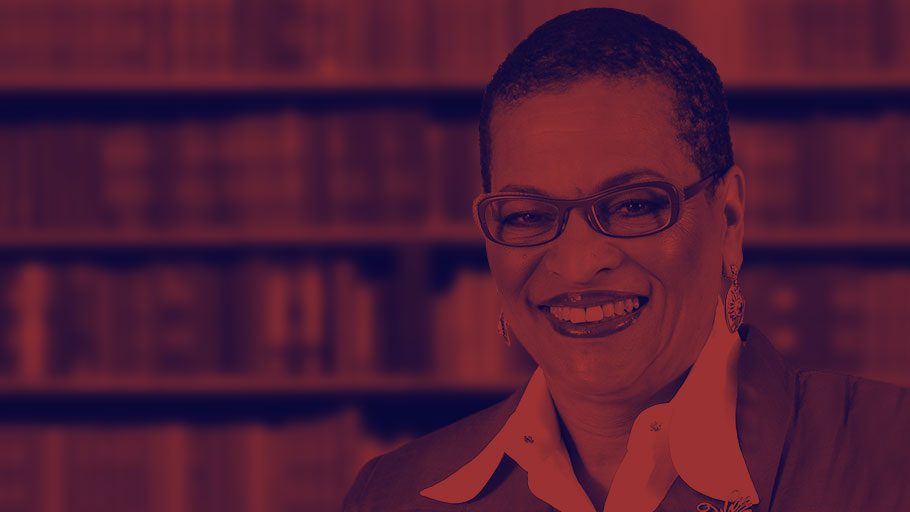Billionaire Mike Bloomberg entered the already-crowded Democratic presidential primary with a splash. His ad buy of about $35 million represents more than half of what the other dozen or so candidates have spent on the campaign so far. His $54.6 billion net worth (according to Forbes) means he has deep pockets and virtually unlimited funds to spend on a campaign. Some think that he can beat Trump in an election since Bloomberg is far wealthier than him. In addition to his wealth, he’s white and male. Facetiously speaking, what’s not to like?
Except. In his 12-year tenure as Mayor of New York City, Bloomberg was an ardent proponent of “stop and frisk,” the policing policy that allows officers to stop virtually anyone without a warrant if they seemed “suspicious”. At its peak, more than 650,000 were detained in a single year. Nearly six million New Yorkers were “stopped and frisked” between 2003 and 2015. The overwhelming majority of those who were stopped – 90 percent — were African American or Latino. In about 85 percent of the cases, there were no fines or convictions.
Civil rights organizations and many others vehemently opposed “stop and frisk.” Hundreds thronged to Bloomberg’s Upper East Side home to protest the policy. But the then-Mayor was adamant that “stop and frisk” was justified, and explained that more Black and Brown people were being stopped because more of them were committing crimes. But the era of “stop and frisk” was an era where any Black or Brown person, regardless of their appearance or status could be stopped.
A few of those who should not have been stopped sued. Many protested. Some considered ‘stop and frisk’ the byproduct of racism and racial profiling and chose not to take the legal route. The era of stop and frisk exacerbated tensions between “law enforcement” officers and the Black community. And until recently, Mayor Bloomberg stood by his stop and frisk policy.
Then a week before his entry into the contest for President, Bloomberg “apologized” for the stop and frisk policy, speaking at an African American megachurch in Brooklyn, New York. His very cynical use of the Black church, along with the timing of the so-called apology, is highly suspect. And the decade-too late apology, offered with no remedy, is meaningless.
The very wealthy Mr. Bloomberg could accompany his apology with a sizeable donation to criminal justice reform. He could break off a few million and donate it to the NAACP Legal Defense and Education Fund, the Latino Justice PRLDEF, the American Civil Liberty Union, or any of the other organizations fighting for criminal justice reform. An apology, without an offer to redress the wrong, is meaningless. A simple apology, especially after all the harm that was done, is as sorry as the words “I’m sorry.” Sorry doesn’t always make it right.
The apology seems to have been made to aid the Bloomberg presidential campaign, but most people won’t be fooled. Despite his money, Bloomberg is a late entry into the race. His wealth is the only thing that makes him stand out, but not by much, since there is another wealthy white man – Tom Steyer – in the race. Some say it takes a big person to acknowledge their wrong, but Bloomberg left office in 2013. He’s had at least six years to apologize.
In the years since Bloomberg left office, tensions between Black and Brown citizens and police officers have risen. Trigger-happy cops have killed too many Black and Brown folks. Do the names Tamir Rice, Philando Castille, or Michael Brown mean anything? If Mayor Bloomberg were sorry, he could talk about the flaws in our criminal justice system. Instead, he has offered a half-baked apology without acknowledging or attempting to remedy, the impact his unjust policies had on Black and Brown lives.
The current President is proof positive that money, integrity, and sagacity are not positively correlated. Bloomberg’s tepid apology may be further evidence that the wealthy don’t think the rules apply them. Mike Bloomberg clearly has money to burn, but it would be great if he burned it for criminal justice reform than for an ill-fated, vane, presidential campaign.















